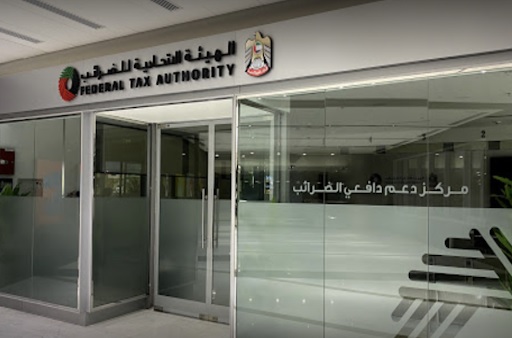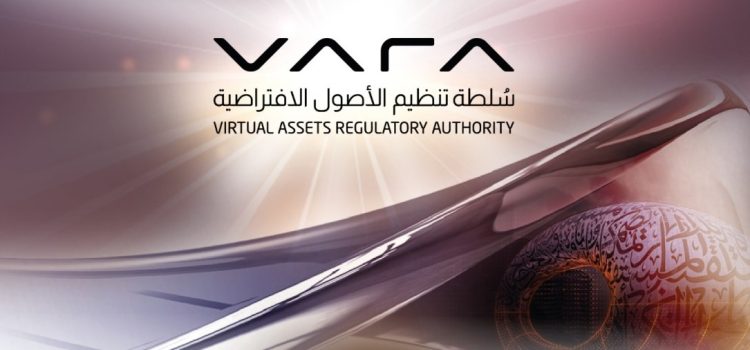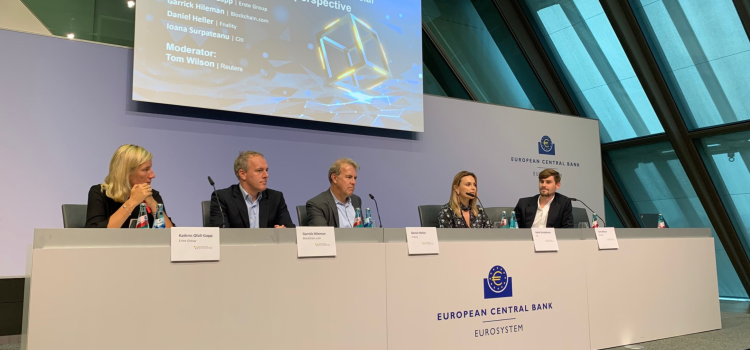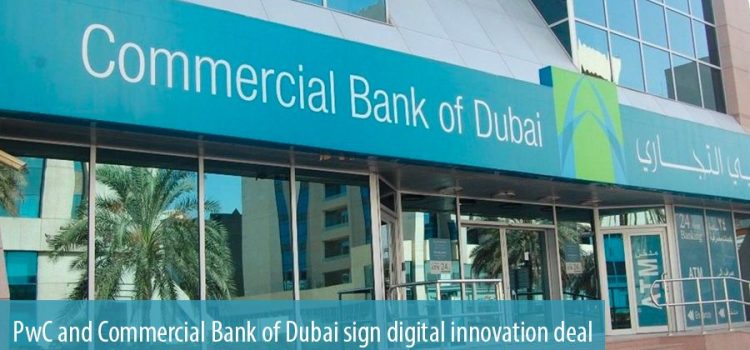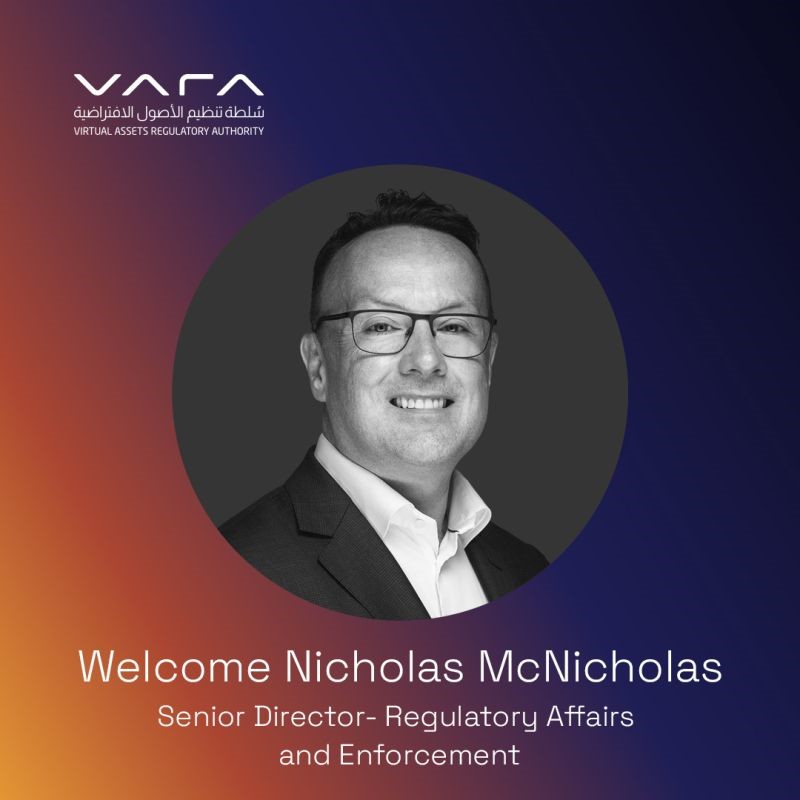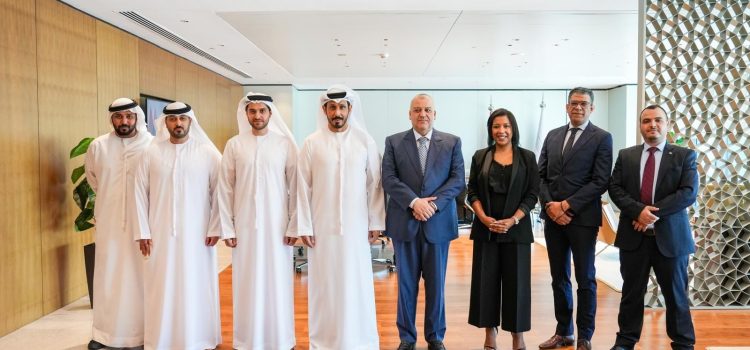The Virtual Assets Regulatory Authority (VARA) updated its marketing regulations, which it states is aimed at strengthening the regulatory framework for Virtual Asset Service Providers (VASPs) operating in Dubai but whose effects transcends to the entire UAE and GCC region. VARA has introduced a comprehensive Marketing Guidance Document to provide clear and actionable insights for VASPs engaging in marketing activities within the region. The new regulations will come into effect on October 1st 2024.
As per the press release, marketing Regulations for Virtual Assets and Related Activities 2024 are designed to enhance the integrity and transparency of marketing practices within the virtual assets sector in Dubai.
The updated regulations place a strong emphasis on the accuracy of marketing communications, the avoidance of misleading information, and the protection of consumer interests. They apply to all entities involved in marketing virtual assets or related activities, regardless of their licensing status with VARA.
VARA also issued a new Marketing Guidance Document that will serve as a vital resource for VASPs. This document provides detailed instructions and best practices on how to conduct compliant marketing activities in Dubai, ensuring that VASPs can navigate the regulatory landscape with confidence. The guidance covers a range of topics, including the appropriate use of language in marketing materials, disclosure requirements, and the ethical considerations that should underpin all marketing efforts.
“As the world’s first independent regulator for virtual assets, VARA is dedicated to creating a regulatory environment that not only protects consumers but also supports the growth and innovation of the virtual assets sector,” said Matthew White, CEO of VARA. “Our updated marketing regulations and the newly issued guidance document reflect our commitment to maintaining Dubai’s position as a global leader in digital finance. We believe that by providing clear and actionable guidance, we can help VASPs deliver their services responsibly, while fostering greater trust and transparency in the market.”
The new guideline aims to make the marketing of that VASPs undertake to be fair, clear and not misleading so that participants and investors can make informed decisions based on marketing materials. The guideline covers anything from memes, short videos to articles. As per VARA the marketing articles, videos, or memes should use plain language, clear and concise.
As per the guidelines, the “fair, clear and not misleading” requirement should be assessed in a manner which is proportionate to the means of communication, content, target audience and/or the nature of the product or service being promoted. Different audiences may require variations in the content and presentation of the Marketing materials.
As per VARA, for instance, marketing addressed to broad retail clients may need to include more information on potential risks of investments.
In addition, the marketing materials should provide a balanced impression of the product or service being promoted, so that recipients can make informed investment decisions. For example, Marketing materials should not emphasise or exaggerate potential benefits or investment returns without indicating relevant risks and should not omit or obscure important information, statements, or warnings.
License announcements should not imply VARA endorsement
Marketing should clearly state the regulatory status of any product, service and/or platform involved, whether in Dubai or, if applicable, other jurisdictions. This includes not containing messages which may mislead the public with regards to a business’s licensing status or scope of regulated activities.
For example, a person must not present VARA’s approval of the issuance of a Virtual Asset as a regulator’s endorsement of the quality of the Virtual Asset or its issuer.
Sponsored VASP Content
Moreover, if material has been paid for either as an advertisement, advertisement feature or promoted or sponsored content in a prominent place, it needs to be identified as such.
For example, large billboard advertisements in public areas, will be viewed as being obviously identifiable as promotional in nature without the need for additional wording as it is widely understood by the public that such areas are used for advertisements.
Social media posts can include both promotional and non-promotional content and as such must be identified as Marketing.
For any sponsored content, it should be clearly stated that the content is sponsored, along with the name of the sponsor (if the sponsor is not readily identifiable from the content) (e.g. “sponsored content”, “sponsored by ABC VASP”, “paid content brought to you by ABC VASP”, “in paid partnership with ABC VASP”) in a prominent place of the content (e.g. next to the heading of the content).
VARA showcased what it qualifies as monetary and non-monetary incentives. These include offers of:
• incentives when investing in a Virtual Asset for the first time, or signing up for an Entity’s service provided as part of any VA Activity for the first time;
• incentives where the client refers another Entity to invest in a Virtual Asset or use an Entity’s service provided as part of any VA Activity;
• special offers when investing a particular amount in Virtual Assets;
• offer of gifts or other incentives once an investment in a Virtual Asset has been made or once an Entity has signed up for an Entity’s service provided as part of any VA Activity; or
• offer of gifts or other incentives for making additional investments when already using a product and/or service.
Monetary or non-monetary incentives should be made available for an adequate period of time so that they do not create a sense of urgency for recipients of Marketing to acquire Virtual Assets and/or use services as part of any VA Activities in anticipation of future appreciation in value or profits, or create a fear of missing out on future appreciation in value or profits due to inaction, in compliance with Marketing Regulation
While disclaimers need to be legible or audible and easy to spot.
The Role of journalists and influencers
The VARA guideline defines journalists as media personnel (content creators and/or presenters) that are duly licensed by the Media Regulatory Office of the UAE; and foreign media correspondents that are duly accredited by the Media Regulatory Office of the UAE.
“Key opinion leaders” and/or influencers are not regarded as journalists and do not qualify for consideration under the journalistic exemption.
VARA will assess the overall purpose of content to determine whether it qualifies for the respective exemption, or whether the content is Marketing.
In doing so, VARA will consider whether the content taken as a whole , including any promotional material contained in it – including merchandise and/or give-aways at events, charities, ceremonies etc. – is for the promotion of any Virtual Asset or service provided as part of a VA Activity or the VASP.
Educational content generally means content which is purely educational and for informational purposes only without the intention of leading the recipients to engage in the activity of investing in a Virtual Asset or signing up for a service provided as part of a VA Activity.
Educational content which does require buying a Virtual Asset for use, or using a service provided as a VA Activity, at any stage, should limit these to where they are necessary and provide multiple options, or explain that multiple options are available, where possible.
Content which is sponsored or paid for in return for any monetary or non-monetary benefit for the author Entity will not qualify as “educational content”.
Readers are reminded that educational content must still include prominent disclaimers where they are required in the Marketing Regulations, as applicable.
Whats app groups and Telegram groups are included
VARA considers purely personal or private communications as only those that include friends, family or colleagues.
Any communications which are accessible by fifty (50) individuals or more in aggregate, whether directly or indirectly, would not be considered personal or private. Communications which are accessible by fewer than fifty (50) individuals may still be considered as Marketing, and not deemed to fall within this exemption.
Conclusion
In Conclusion VARA considers that overall campaign in UAE or those targeting GCC (Gulf Cooperating Council) whether local newspaper, mail, broadcast online or physicals will be considered by VARA.
This includes marketing campaigns that use AED as the denominator currency or one of the denominator currencies in Marketing materials; campaigns with Emirati Arabic dialect or uses local slang, ‘in words’ or phrases (either in English or Arabic); campaigns using UAE and/or Dubai imagery (including, but not limited to, the UAE flag, Dubai skyline); campaigns using UAE celebrities or famous individuals with large influence base/followings in the UAE; any Marketing in public areas in the UAE; maintaining any communication channels which target UAE residents (e.g. chatrooms or social media pages); promotional plan(s) specifically addressing/intending to target the UAE; and/or restrictions (if any) that have been put in place to prevent or restrict UAE residents from accessing Marketing materials (e.g. geoblocking of websites or advertising campaigns).











